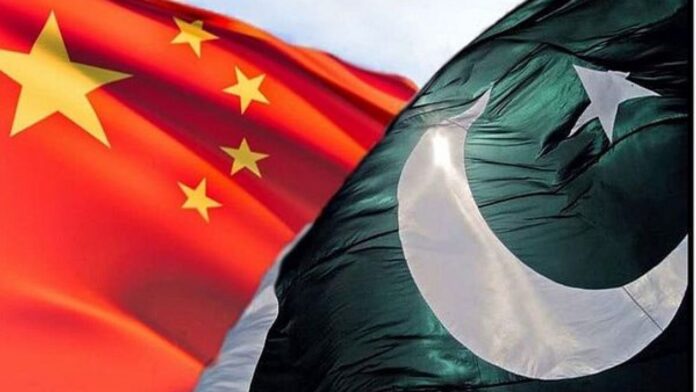The State Bank of Pakistan’s (SBP) forex reserves moved above $4 billion after the liquidity-challenged country received a $500 million loan from a Chinese bank.
In a statement, the central bank said that its foreign exchange reserves have increased by $487 million to $4,301 million as of the week ended March 3, which will provide an import cover of around a month.
The SBP received $500 million last week from the Industrial and Commercial Bank of China (ICBC) as part of the institution’s $1.3 billion facility, just days after it had received $700 million from the China Development Bank.
Pakistan hasn’t received funds from any friendly country except for China as the $350 billion economy struggles to revive the stalled International Monetary Fund (IMF) programme.
Cash-strapped Pakistan has been trying to secure the IMF bailout to avert a debt default, unlock more funding, and stave off severe supply shortages. There are $7 billion of repayments due in the coming months, including a Chinese loan of $2 billion due in March, according to Fitch Ratings.
The nation needs to repay about $3 billion in debt in the upcoming payments, while another $4 billion is expected to be rolled over, SBP Governor Jameel Ahmad said in an analyst briefing after the announcement of the monetary policy rate, which has been jacked to a 27-year high of 20%.
But as the IMF deal sees daylight, the Pakistan rupee has plunged to historic lows and closed at 282.30 against the dollar in the interbank market, and if all goes well for Pakistan in the coming days, experts believe that the local currency can only recover to 265
The IMF was “satisfied” with Pakistan’s initiatives, according to Finance Minister Ishaq Dar, who spoke at an event earlier on Thursday. But the staff-level agreement could not be signed this week.
“We seem to be very near to signing the staff-level agreement,” Dar said in his speech at a seminar on “Reviving Economic Stability via the Improvement of Public Finance Management” in the nation’s capital. He added that he hoped to do so in the coming days.
The government has also enforced import restrictions due to a lack of dollars, which has led to the partial shutdown of both textile and vehicle manufacturing and raised concerns about joblessness.


